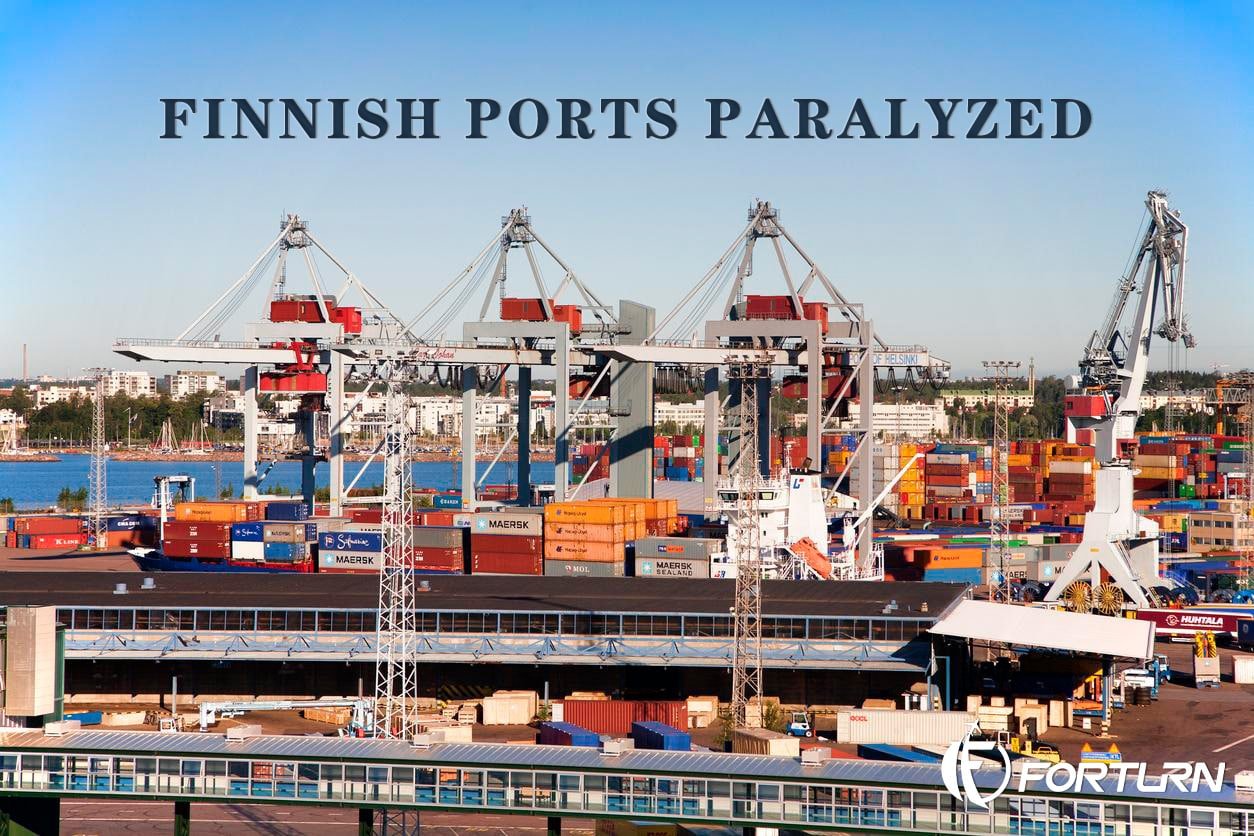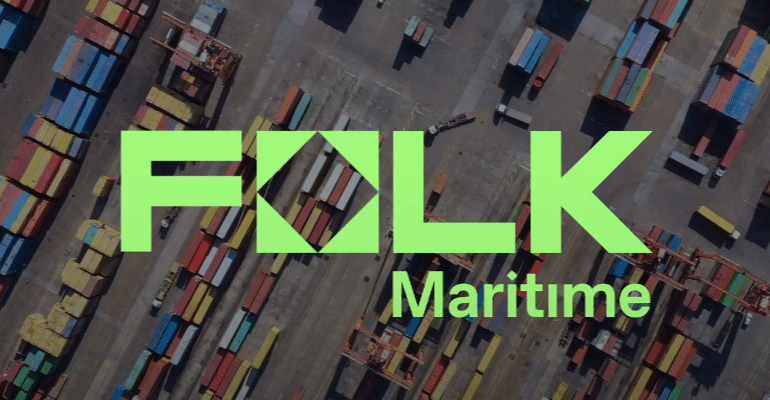Pakistan is facing its worst economic crisis in decades
Foreign exchange reserves are only enough for 3 weeks of imports
A few days ago, the Central Bank of Pakistan stated that as of the week of February 17, the foreign exchange reserves held by the Central Bank of Pakistan increased by 66 million US dollars to 3.258 billion US dollars, and the total liquid foreign exchange reserves were 8.726 billion US dollars. Pakistan is facing economic turmoil, with a balance of payments crisis and foreign exchange reserves barely enough to cover three weeks of imports. In other words, Pakistan’s foreign exchange cannot repay its foreign debts and will soon be unable to buy any urgently needed imported goods. Pakistan’s agriculture and energy are heavily dependent on imports, which is directly related to the life and death of 200 million people. According to data, Pakistan is at risk of defaulting on $7 billion in debt, including $2 billion due in March. Without IMF help, Pakistan will struggle to repay its debt.
On February 28, Moody’s, an international credit rating agency, downgraded Pakistan’s sovereign credit rating to Caa3 and stated in a statement that Pakistan’s foreign exchange reserves have fallen to an extremely low level, far below the level required to meet its short-term and medium-term requirements. The deterioration in liquidity conditions has increased the country’s default risk.
The country is bankrupt
A few days ago, according to an Independent report, Pakistani Defense Minister Khawaja Asif said that Pakistan is a bankrupt country that has defaulted and blamed bureaucracy and politicians for the economic crisis. Speaking to the public in his hometown of Sialkot, Khawaja Asif said: “You must have heard that Pakistan is about to go bankrupt or default. Default has happened and we live in a bankrupt environment country, and the International Monetary Fund has no solution to Pakistan’s problems.” At the same time, he also criticized the authorities for ignoring the country’s constitution, which led to economic instability.

Pakistan’s inflation rate may hit 33% in the first half of 2023 before trending down, a senior economist said. He said: “Our view is that the IMF bailout alone will not be enough to get the economy back on track and what the Pakistani economy really needs is sustained and sound economic management. The road ahead remains difficult and we expect fiscal and the monetary tightening policy will continue until 2024.” There are many reasons for the collapse of Pakistan’s economy: first, the U.S. dollar raised interest rates and lowered interest rates; second, the war between Russia and Ukraine, Russia and Ukraine are important grain producers and exporters. Naturally, it is the importing country without money that is the worst. Last year’s significant floods submerged Pakistan’s few arable lands, making matters worse. At the end of January this year, a large-scale power outage occurred in Pakistan. The surge in the voltage of a power station directly brought down the national power grid, and 230 million people stayed up all night in darkness. In February, the organization jumped out again, and a mosque in Peshawar exploded, killing more than 100 people and injuring more than 200. Another problem for Pakistan is security. The economic collapse has been accompanied by strife and war, and there has been a constant war between extremists and the government.
Logistics companies forced to cut services
Logistics providers serving Pakistan are being forced to cut services, Loadstar reported. The express logistics giant DHL said that the company was forced to suspend its local import business in Pakistan from March 15 and limit the maximum weight of outbound goods to 70 kilograms until further notice. “In recent months, regulators have imposed restrictions on outward remittances by foreign companies operating in Pakistan,” DHL Pakistan told customers. According to DHL, these restrictions have seriously affected its ability to continue to provide a full range of services for shipments from Pakistan.

Speaking to The Loadstar, Maersk said it was doing everything to effectively deal with Pakistan’s foreign exchange crisis and keep goods flowing after recently opening an integrated cold chain logistics center to consolidate its presence in the country. Maersk said: “Amid the current macroeconomic challenges, Maersk has further strengthened its dialogue with all stakeholders to ensure that trade runs as smoothly as possible. Through collaborative efforts with governments, financial institutions, and other stakeholders, a number of measures, meet positive results.” Pakistan’s ports of Karachi and Qasim have had to deal with a massive buildup of cargo as importers were unable to clear cargo. In response to industry demands, Pakistani policymakers announced a temporary waiver of port charges incurred for containers stranded at terminals.










